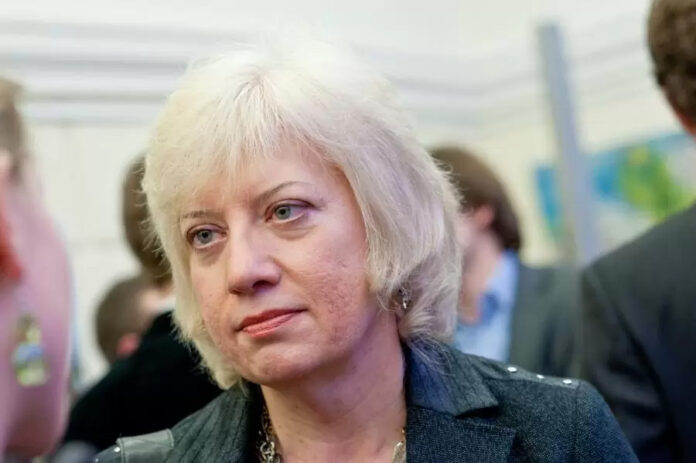
Earlier this summer, the website bernardinai.lt interviewed Gintė Damušis, diplomat and founding member of the Adolfas Damušis Centre for Democratic Studies in Vilnius, about philanthropy and sponsorship. Damušis noted that the concept is simple – it’s about love for others. Philanthropy supports charitable projects, contributes to the well-being of societies and nations. Sponsorship is more concrete, with specific assistance to scientific, educational and other projects. The most important factors influencing the tradition of philanthropy can be any or all of: religion, family, personal life goals and – tax deductions.
Growing up in the United States, she encountered philanthropic traditions both among Lithuanians and Americans. In Denmark, where Damušytė recently served as ambassador of Lithuania, she was deeply affected by the fact that at least half of the population participates in philanthropy and sponsorship. From early youth Danes learn that it is normal to help the needy and fulfill their civic duty. These are high priorities in both government and media. The average Dane willingly supports Denmark’s aid to other countries, taking philanthropy from the local to the international level.
Millions of euros have been donated by Lithuanians to Ukraine, setting a shining example for other countries. The tradition of generosity actually harks from the days of the Grand Duchy of Lithuania, when the seeds of a modern nation took root. During the first period of independence in particular, many organizations for social assistance came into being.
Our nation recognizes the importance of philanthropy and sponsorship. Many European countries allocate up to 10 percent of their GNP for this purpose. In Lithuania, “Caritas”, the Order of Malta and the Red Cross are examples of these important groups.
The generosity of the post-war generation in the diaspora was amazing, noted Damušytė, and their dedication to the preservation of Lithuanian culture was boundless. They spent huge amounts of money and time establishing parishes, cultural centres, Lithuanian schools, youth camps and in particular, the Lithuanian Foundation, which all still exist today. An entire Lithuanian encyclopedia was published in Boston, funded solely by Lithuanians of the diaspora.
For Damušytė, her parents were a brilliant example of generosity. They were key organizers and contributors to the establishment of a youth camp in Michigan, and supported other important Lithuanian causes as well. Another example was Juozas Kazickas, a successful business owner in the diaspora who invested in Lithuania and whose family foundation still supports projects there. Damušytė was particularly impressed with Viktoras Butkus, a scholar whose love for art led him to donate a modern art museum to Lithuania, in the amount of about 15 million euros – illustrating the meaning of the phrase that “dying rich is shameful”. She would like to see more corporations in Lithuania participating in philanthropic projects. In Denmark both large and small firms have foundations supporting art, culture, social initiatives and charitable organizations.
Damušytė would like to see Lithuania take an even greater interest in and provide the framework for philanthropy and sponsorship, allowing citizens to also benefit, for example by means of tax deductions. Support for others helps both companies and individuals ensure a country’s well-being, teaches life-lessons, strengthens civic allegiance and widens horizons.
(From an interview at Bernardinai.lt.)





























